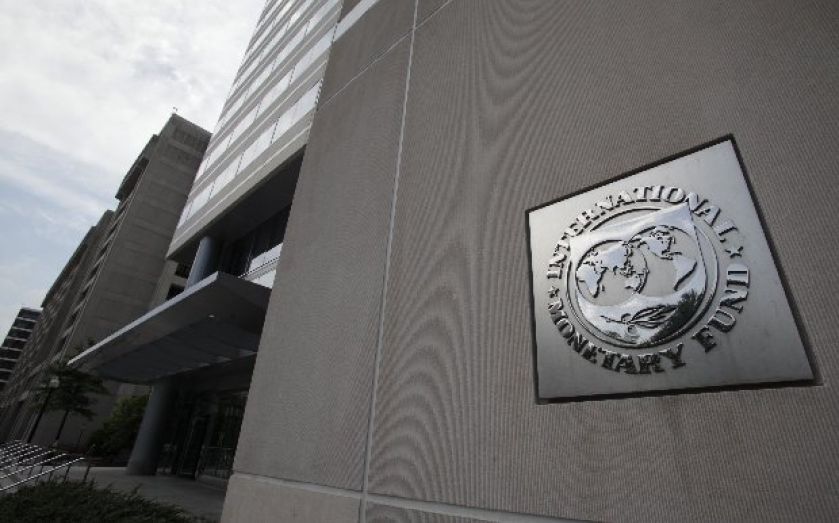IMF biased towards its richer members says auditor

The International Monetary Fund is failing to shrug off its reputation as a club for rich countries, with developing countries finding it hard to trust the lender's advice as unbiased, the body's auditor said in a report today.
Looking at its reports into the IMF over the last ten years, the Independent Evaluation Office (IEO) paints a picture of an organisation still struggling with how it is perceived by the lower income and emerging economy nations that make up a large part of its 188-country membership.
The IEO also identified institutional problems within the IMF such as organisational silos and inadequate integration of work between the different parts of the Washington-based body, as well as instances where the executive board has "fallen short of providing clear guidance and effective oversight of the institution".
Another recurrent theme emerging from the auditor's first 20 evaluations of the IMF is how on some occasions the Fund has "paid insufficient attention to risks and uncertainty in surveillance and programme design".
A club for rich countries?
In terms of its reputation, the IEO said that staff sometimes exercised self-censorship to moderate their statements on larger countries but were more likely to be candid in their appraisals of small, low income countries.
"The perception that the IMF is an instrument of its main shareholders to achieve their own policy objectives is deep-rooted," said the report, with "asymetry of treatment" regarded as an important failing.
Emerging market economies were more vocal in their criticism when it came to unfair treatment, but the report found that developing economies expressed the same concerns but were less likely to raise the issue in fear of jeopardising their relations with the lender.
"Ultimately, the perception of lack of evenhandedness is rooted in the uneven distribution of decision-making power within the IMF," according to the IEO report.

IMF boss Christine Lagarde said the IMF takes these concerns seriously (Source: Getty)
The IMF is traditionally viewed as giving more weight to its European members and favouring the United States, while developing economies have been reluctant to trust the lender following a series of controversial privatisation programmes in countries adapting to post-communist economies in the early 1990s. The institution is based in the US and is traditionally led by a European, currently France's Christine Lagarde.
The Eurozone bailout programmes designed by the European Commission, the European Central Bank (ECB) and the IMF known together as the 'troika' of lenders, has exacerbated this feeling. Loans handed out to countries such as Greece, Ireland and Portugal have been much larger than the economy of those countries, a bugbear of many developing countries who see it as another sign of pro-EU bias.
"The Euro Area programmes has created the perception that European member countries had excessive weight in the IMF's decisions relative to their economic power," read the report.
The IEO was established in 2001 to conduct independent and objective evaluations of Fund policies and activities and is fully independent from the IMF's management.
According to Reuters, the IMF's managing director Christine Lagarde responded to the report by saying that the IMF takes seriously concerns about not treating all members equally, and will continue to review this issue when drawing up its future aid programmes.